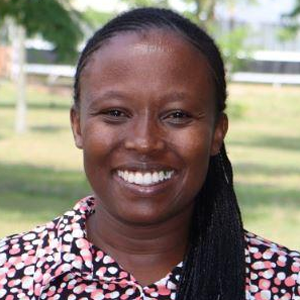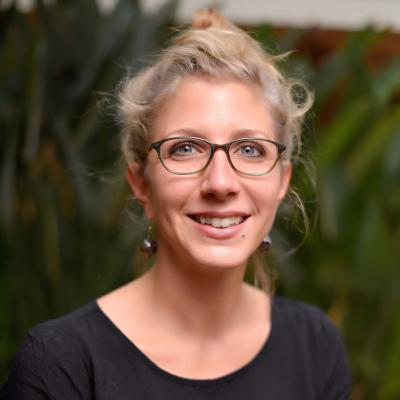Agroecological Transitions in Kenya: Pathways and Lessons
The CGIAR Initiative on Agroecology, working in eight countries of the Global South, seeks to work with food system actors to provide evidence on performance of agroecology in low-income countries. This workshop will focus on the work done in Kenya.
In Kenya, agroecology activities are designed and implemented with partners in two distinct territories referred to as “agroecological living landscapes” (ALLs), Kiambu and Makueni ALL. The Initiative engages with researchers, farmers and communities, private companies, international/national non-governmental organizations as well as local, regional, and national policymakers, to achieve agroecological transition by: (a). Building evidence on performance of co-designed innovations; (b). Identifying business opportunities and financial mechanisms for local enterprises to support agroecology innovations; (c). Developing policies to promote agroecology transitions. (d)Devising behaviour change strategies and action plans oriented to agroecology principles. Different transition pathways have been identified for Kenya with great success over the past three years . In this session, we will share insights on the work in Kenya, what worked, where, why and the identified pathways of transition.
The workshop will start with a short introduction, followed by short presentations by each area of work , highlighting context-specificities, approaches, and findings. Smaller break-out groups will then be formed to discuss and share best practices and innovative ideas that could support agroecological transition beyond the two ALLs.
Main purpose of the workshop:
Main purpose of the session is to have a constructive dialogue among food system experts interested in agroecological transition, share a concrete example of work that has been conducted in Kenya identifying clear lessons learnt and pathways that could lead to agroecological transition in LMICs. In addition, the workshop seeks to gather input from the participating food system experts on lessons learnt elsewhere that could drive agroecological transition, relevant to Kenya. These would be key as we move to phase 2 of the Initiative starting 2025.

Christine Chege

Sylvia Nyawira

Lisa Fuchs















